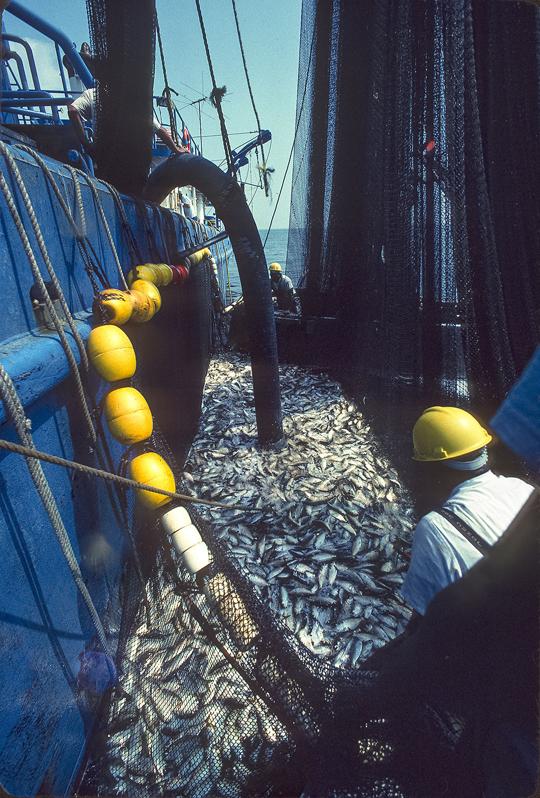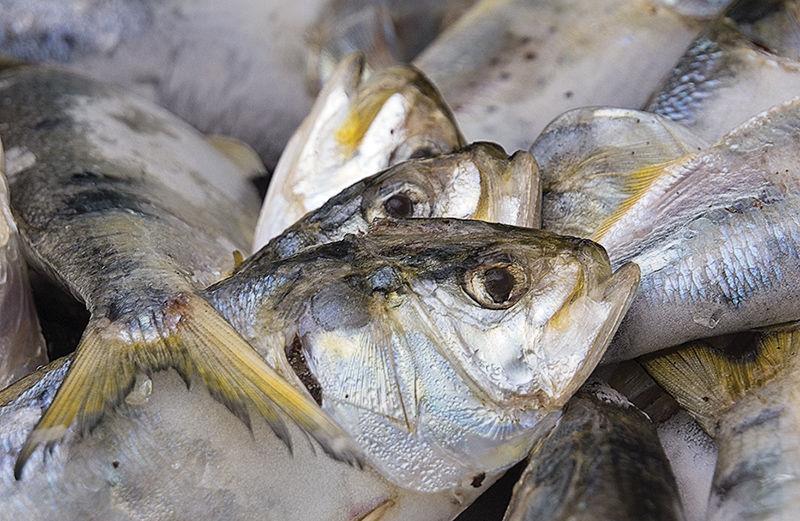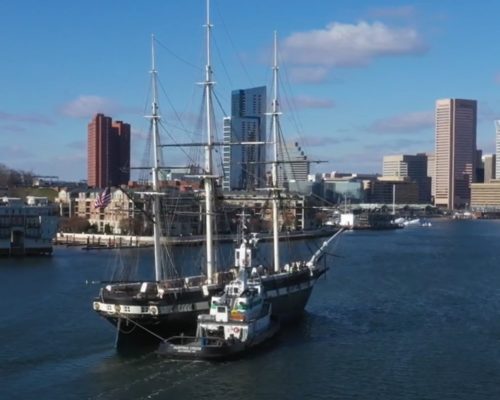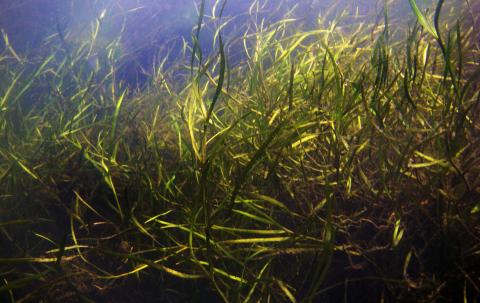Sportfishing groups and environmentalists are calling for a partial moratorium on Virginia’s menhaden reduction fishery, citing troubling declines of certain bird and fish species that feed on them.
A petition, dated Dec. 12 and signed by 18 individuals and organizations, presses the Virginia Marine Resources Commission (VMRC) to ban related menhaden harvests in the state under most conditions until regulators enact a scientifically based catch limit within the Chesapeake Bay.
The effort targets the Reedville, Virginia fishing fleet operated by Omega Protein, a subsidiary of Canada-based Cooke Inc. The company processes the small, oily fish into animal feed and nutritional supplements in a process referred to as “reduction.” Critics have contended for years that Omega’s menhaden harvest leaves too few of the forage fish behind in the Bay for ecological purposes, such as supplementing the diets of striped bass, ospreys and other predators.
“We think menhaden are being depleted in the Bay,” said Dale William Neal, lead organizer of the Facebook group Save Our Menhaden and one of the petition’s signers. “You can tell that from the ospreys and from people out on the water like charter fishermen. There are all these indicators that things are going horribly bad.”
A VMRC spokesman didn’t return a message seeking comment. A spokesman with Omega Protein’s office in Reedville also didn’t respond.
The two main organizations behind the 42-page petition are the Chesapeake Legal Alliance and the Southern Maryland Recreational Fishing Organization. The pair also are plaintiffs in a lawsuit filed last May challenging Virginia’s management of the menhaden fishery.

A Richmond City Circuit Court judge in September denied one of the group’s claims: that the VMRC was late in adopting its regulation within the legally prescribed time. But on the substantive question over whether the agency adhered to state law in setting the harvest cap, the judge said the case could go forward.
David Reed, an attorney with the Chesapeake Legal Alliance, said that the state’s fishery management law requires decisions to be rooted in the best available science. Virginia failed to do that with its menhaden regulation, he said.
The Atlantic States Marine Fisheries Commission, which manages the species across the nation’s East Coast, developed a coastwide menhaden cap with the aid of a scientific assessment. But when it came to setting the state-level quotas, the federal commission set the limits based on historic commercial landings.
At that point, according to Reed’s reading of state law, the VMRC should have developed a science-based harvest cap for Omega. Instead, the final rule, approved last March, simply adopted the maximum allowable catch allotted to the state, he said. In it, the commission raised the allowable harvest of menhaden by a little less than 50 million pounds.
“We think that not only is this not good public policy, but the law demands much more,” Reed said.
The goal of the petition isn’t to put Omega out of business, he added. If enacted, the groups’ recommended measures would still allow the company to net menhaden outside of the Bay.
The moratorium also would allow Omega to fish inside the Bay during “extreme weather conditions,” the groups say. But such forays would be capped at 10 percent of the current harvest limit in the estuary, set at 5,100 metric tons of menhaden.
The petition seeks several measures beyond the partial moratorium. Among them:
- Requiring at least 40 percent of the menhaden to be extracted from federal waters to ensure that Omega’s boats don’t sweep up too many fish at the mouth of the Bay
- Launching a study, partially funded by Omega, into whether the reduction fishery is causing “localized depletion” of menhaden
- Replacing a voluntary prohibition against harvesting within one mile of the Bay’s shoreline with a mandatory one
Other groups supporting the petition include the Atlantic Coast Sportfishing Association, Richmond Audubon Society, National Audubon Society, Chesapeake Bay Sportfishing Association and Virginia Osprey Foundation.
The Omega catch represents about 90% of the Chesapeake menhaden take. Reed said the moratorium wouldn’t apply to the remaining 10% associated with the commercial bait fishery.
The most recent assessment by the Atlantic States Marine Fisheries Commission concluded that menhaden overfishing is not occurring coastwide, and the stock is not considered overfished. Omega has long insisted that menhaden are not being overfished in the Bay.
This story originally appeared at bayjournal.com on Dec. 19, 2023.




